› Store › James, Ken › The Way of the Sly One: Gurdjieff, Ouspensky, & Jung
› Store › James, Ken › The Way of the Sly One: Gurdjieff, Ouspensky, & Jung
The first part of this series is available for free on the Jungianthology Podcast.
Topics: Gurdjieff, Transcendent Function.
The Way of the Sly One: The Psychology of Our Possible Evolution in the Writings of Gurdjieff, Ouspensky, & Jung
Most depth psychological theories look backward into the personal history of the individual in order to find the causes for neurotic symptoms, gain insight into their persistence in the present, and diminish their effects in the future. A key feature of Jungian psychology is the addition of a forward focus, a constructive, teleological emphasis on the meaning of symptoms, and the need to discover what the symptom is calling the sufferer to notice and change. This places Jung in a category of psychological practitioners who seek to promote the possible evolution of the person from present status to future transcendence.
Russian spiritual teacher G.I. Gurdjieff sought to bring his students to a place of consciousness that went far beyond what was generally thought of as “being awake”. The core of his teaching, that humankind was unfinished and did not possess a soul but was capable of creating one through intense inner work, created discomfort in his followers and stimulated them to find ways to break through to new levels of awareness?a method he called “the way of the sly one”. P.D. Ouspensky, Gurdjieff’s foremost disciple, also taught about the possible evolution of human consciousness and provided a more systematized interpretation of Gurdjieff’s teachings.
Reading – This course originally required the following books:
Recommended Reading
Click Here to Listen to a Sample
Kenneth James, PhD is director of Student Services at the Laboratory School, University of Chicago. His areas of expertise include dream work and psychoanalysis, archetypal dimensions of analytic practice, divination and synchronicity, hypnosis as a therapeutic medium, and Eye Movement Desensitization and Reprocessing. He has done post-doctoral work in music therapy and theology, and uses these disciplines to inform his work as a Jungian analyst. For more information visit www.soulworkcenter.org
© 1997 Ken James
℗ 1997 CG Jung Institute of Chicago
| Audio Format | 5 MP3s in 1 ZIP File: 134MB |
|---|
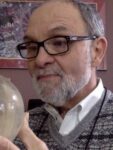
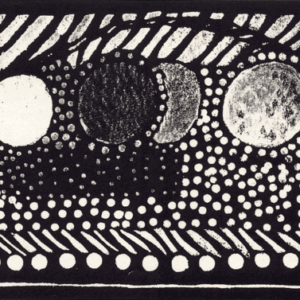
Audio
16 hours 54 minutes
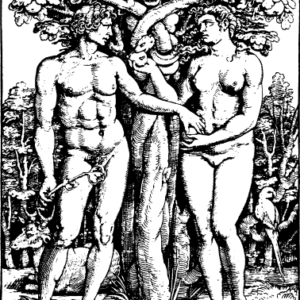
Audio
5 hours 53 minutes

Audio
6 hours 35 minutes

Video
2 hours 45 minutes
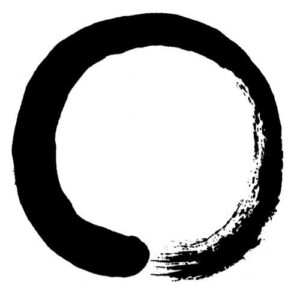
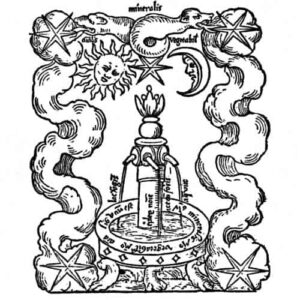
Audio
1 hour 15 minutes

Certification of the Chicago Society of Jungian Analysts to train analysts is granted by The International Association of Analytical Psychology. The C.G. Jung Institute of Chicago is accredited as a psychoanalytic training institute by The American Board for Accreditation in Psychoanalysis, Inc. The Institute is approved by the Illinois Department of Professional Regulation to sponsor continuing education for Psychologists (License No. 268000106), Social Workers and Clinical Social Workers (License No. 159-000215), Marriage and Family Therapists (License No. 168-000123), Professional Counselors and Clinical Professional Counselors (License No. 197-000022).

This search engine will search our public programs, the Jungianthology Podcast & Blog, and our store.
To search only the store, visit our Store page.
If you’re looking for a Jungian Analyst, use our Find an Analyst search engine or browse the Chicago Society of Jungian Analysts page.